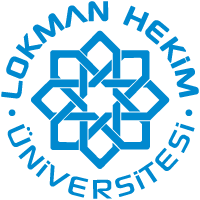The investigation of learned resourcefulness in terms of locus of control, sociotropy-autonomy personality traits, and demographic and professional variables in nurses
Date
2019Author
Hicdurmaz, Duygu
Malak Akgun, Bahanur
Oz, Fatma
xmlui.mirage2.itemSummaryView.MetaData
Show full item recordAbstract
Objectives: In this study, we aimed to investigate learned resourcefulness in terms of locus of control, sociotropy-autonomy personality traits, and demographic and professional characteristics in nurses. Methods: The participants of the study comprised 339 volunteering nurses working at Hacettepe Adult, Pediatric, and Oncology Hospitals. Study data were collected with Nurse Data Form, the Sociotropy-Autonomy Scale, the Locus of Control Scale, and Rosenbaum’s Learned Resourcefulness Scale (RLRS). Results: Nurses working at the institution for more than 25 years and working only the day shift had higher learned resourcefulness scores than their counterparts. There was a positive correlation between learned resourcefulness and autonomy. Among the sub-dimensions of locus of control, the only variable to have a significant relationship with learned resourcefulness was determined to be “self-control”. Additionally, autonomous personality type, self-control, and belief in an unfair world were predictors of learned resourcefulness in nurses. Conclusion: Nurses with low levels of learned resourcefulness are relatively younger and inexperienced. Thus, psychoeducation and group counseling might improve their autonomy, self-control, and cognitive coping strategies. Autonomous personality traits and self-control were the basic predictors of learned resourcefulness. © Copyright 2019 by Journal of Psychiatric Nursing.
xmlui.mirage2.itemSummaryView.Collections

DSpace@LokmanHekim by Lokman Hekim University Institutional Repository is licensed under a Creative Commons Attribution-NonCommercial-NoDerivs 4.0 Unported License..













